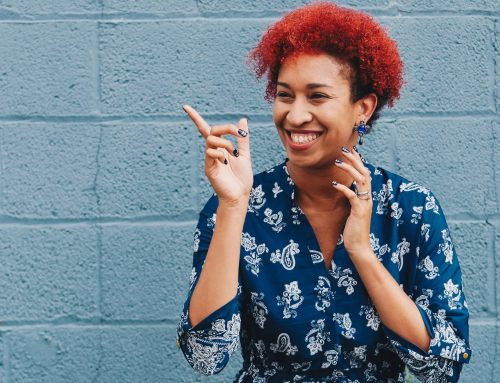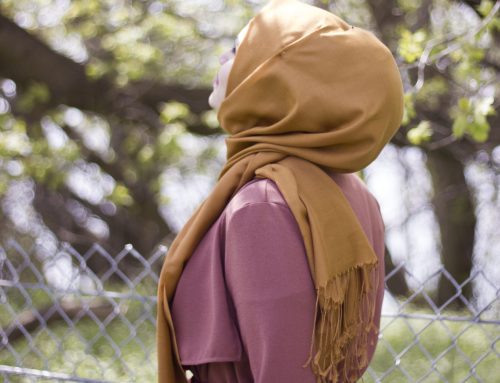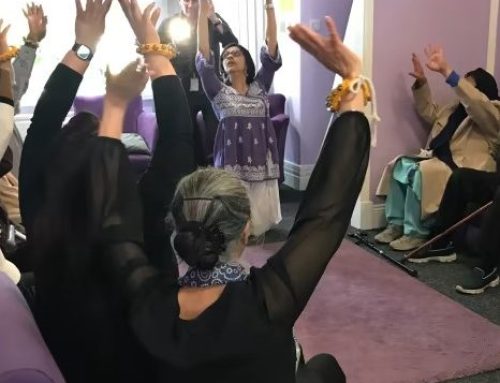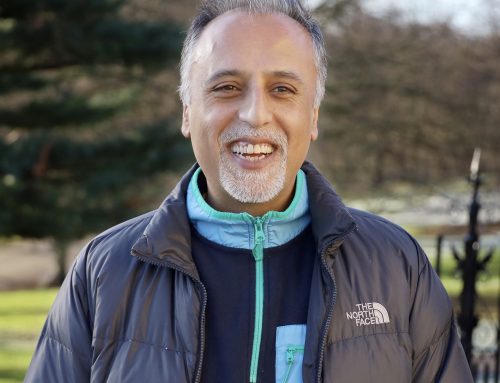In 2019/20 a total of 9657 service users were supported by Touchstone services with a total of 8374 services users referred into services. On any given day Touchstone has about 4,000 (3963 on 31st March 2020) active/live service users.
Gender: Slightly more men were supported than women during 2019/20. In terms of referrals 54% constituted men compared to 45% women.
54% Male
45% Women





